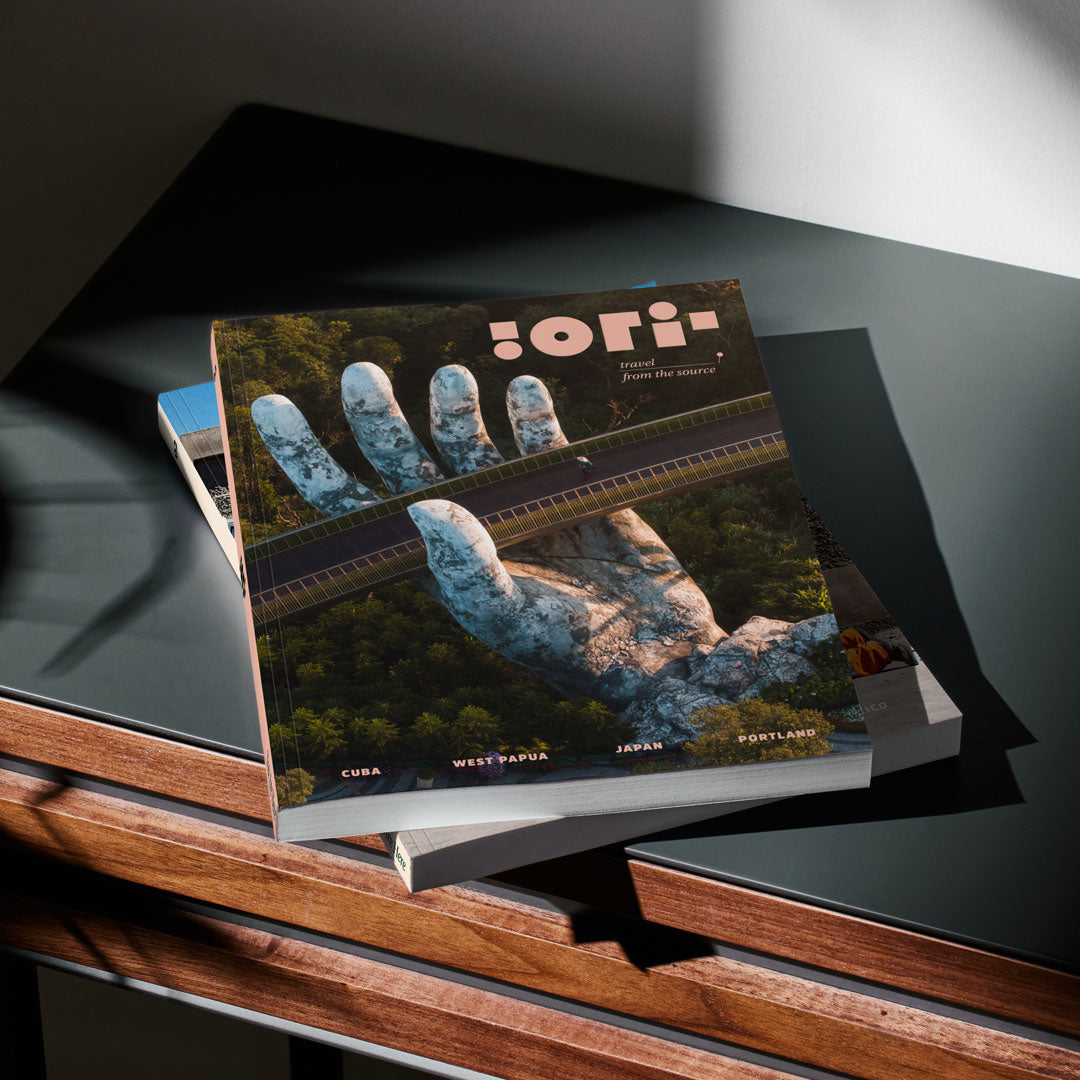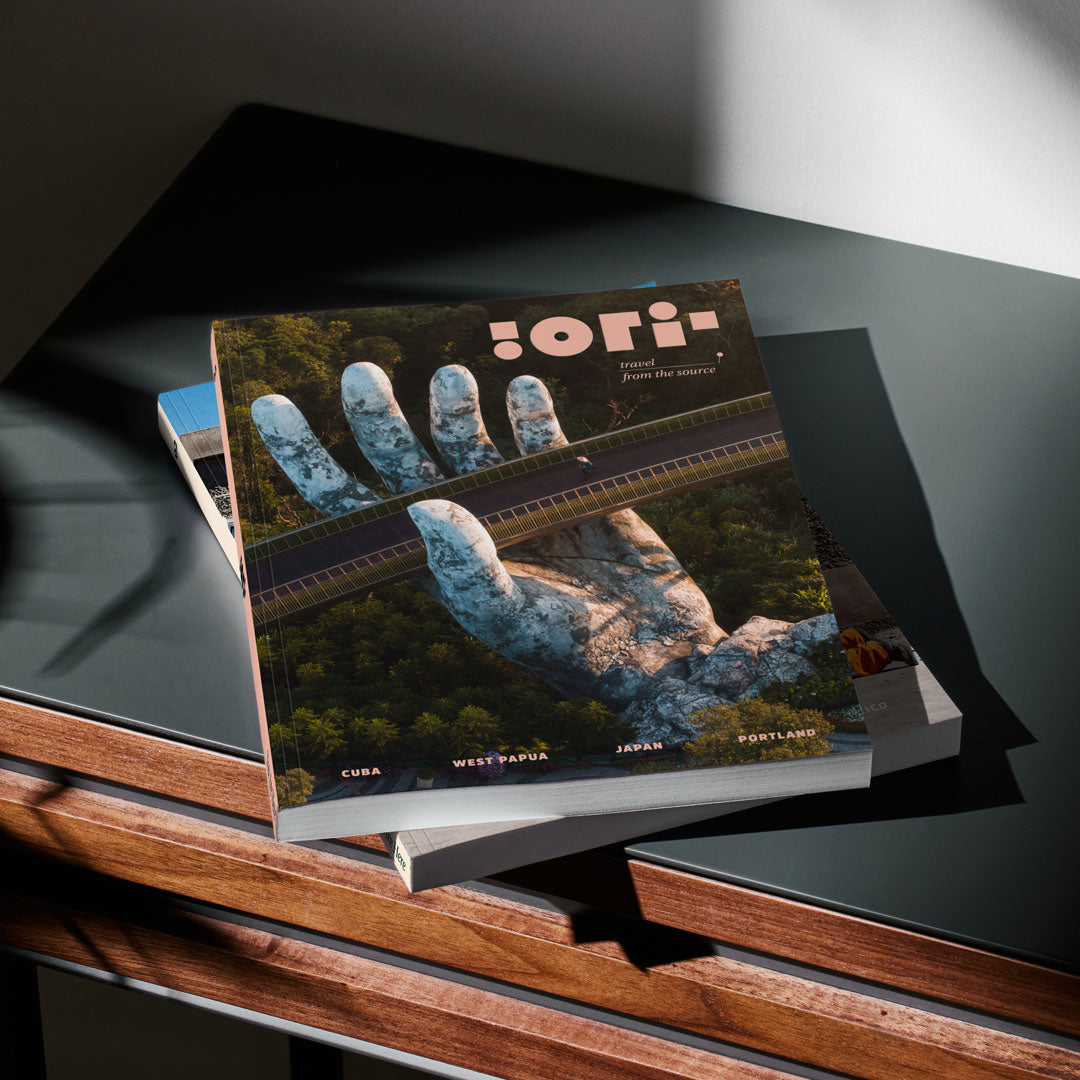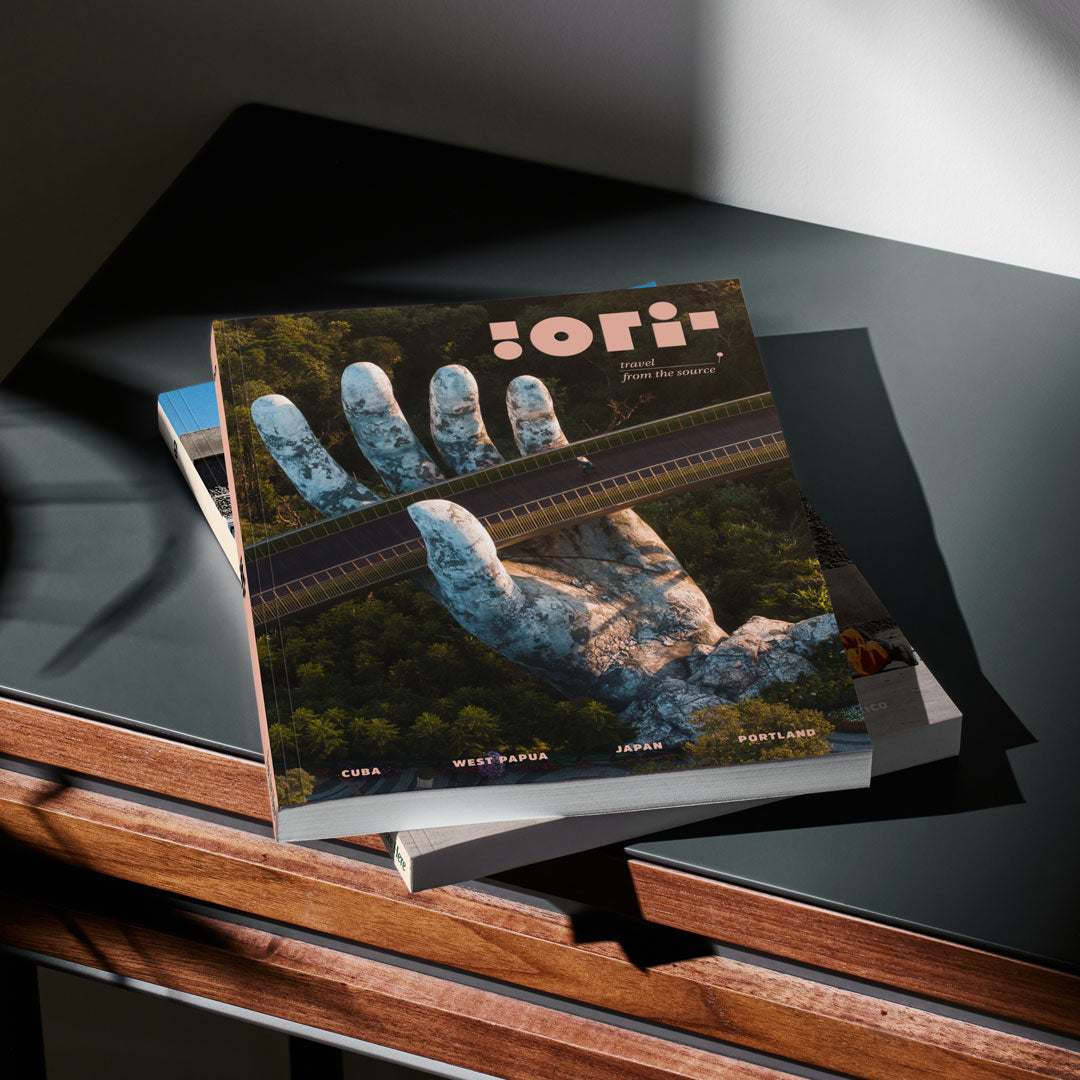No vender ni compartir mi información personal
Como se describe en nuestra Política de Privacidad, recopilamos información personal de sus interacciones con nosotros y nuestro sitio web, incluso mediante cookies y tecnologías similares. También podemos compartir esta información personal con terceros, incluidos nuestros socios publicitarios. Lo hacemos para mostrarle anuncios en otros sitios web que se ajusten mejor a sus intereses y por otros motivos que se detallan en nuestra política de privacidad.
Compartir información personal para publicidad dirigida basada en su interacción en diferentes sitios web puede considerarse "ventas", "intercambio" o "publicidad dirigida" según las leyes de privacidad de ciertos estados de EE. UU. Dependiendo de su lugar de residencia, podría tener derecho a optar por no participar en estas actividades. Si desea ejercer este derecho, siga las instrucciones a continuación.
Si visita nuestro sitio web con la señal de preferencia de exclusión voluntaria de Control de privacidad global habilitada, dependiendo de dónde se encuentre, trataremos esto como una solicitud para optar por no participar en una actividad que pueda considerarse una "venta" o "intercambio" de información personal u otros usos que puedan considerarse publicidad dirigida para el dispositivo y el navegador que utilizó para visitar nuestro sitio web.
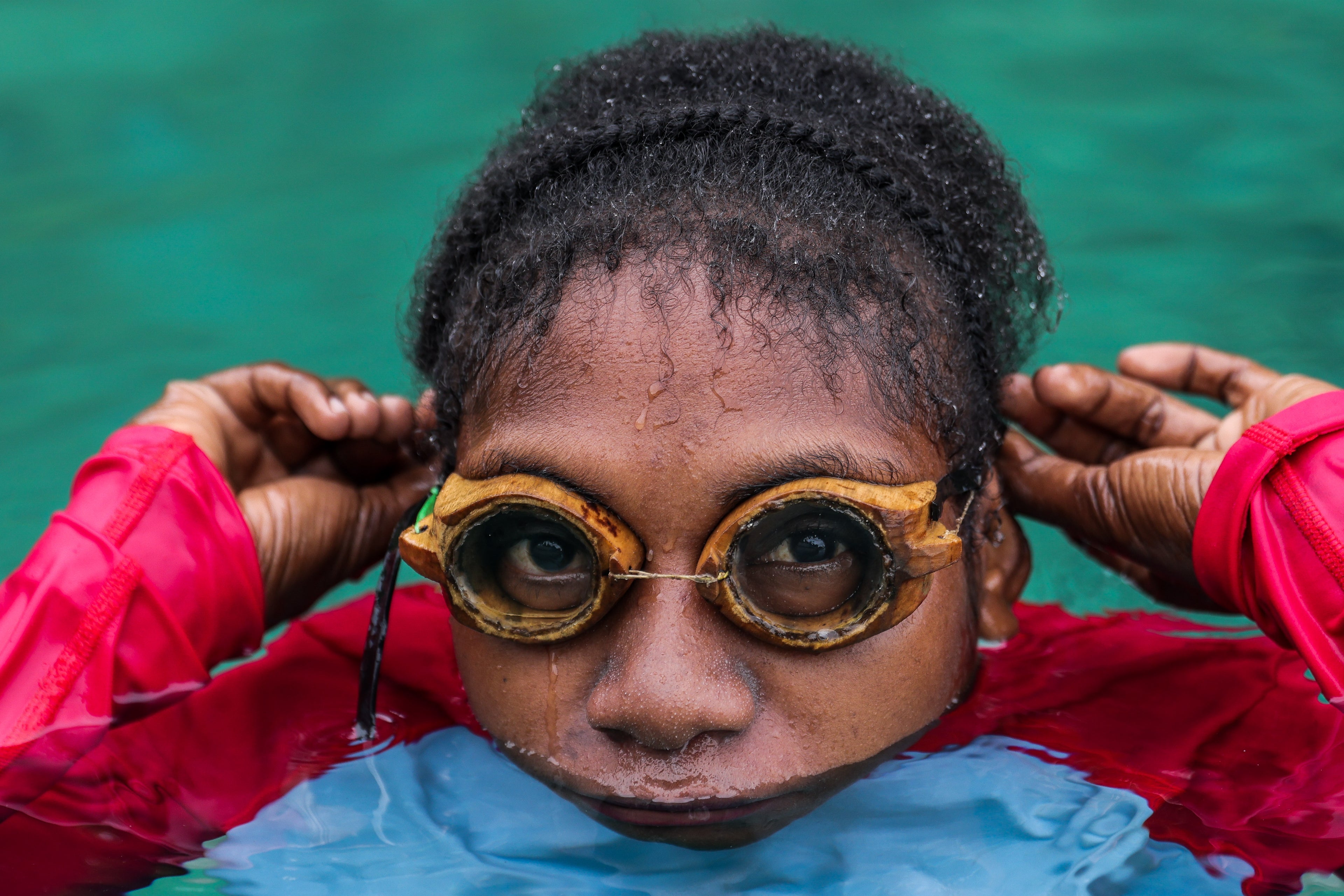
Lo que sigue es un extracto del artículo del ganador de la Beca Creativa Ori número 02.
Palabras de Fadiyah Alaidrus
Fotografías de Garry Lotulung
Yolanda Olivia Kacili sintió la emoción crecer en su interior. Lo que empezó como un aleteo familiar se expandió hacia arriba, asentándose justo detrás de sus orejas. A sus 22 años, llevaba más de una década esperando este día, cuando empezó a sumergirse en las aguas azul eléctrico de su hogar en Papúa Occidental. Hoy era diferente. Hoy buceaba para su familia y amigos en Kampung Kapatcol, un micropueblo en las islas Raja Ampat de Indonesia.
Sonrió mientras el pequeño grupo a su alrededor vitoreaba. Otros cuatro aldeanos estaban sentados en su pequeño bote de madera, incluyendo a dos mujeres de Waifuna, la organización revolucionaria liderada por mujeres que supervisa estas aguas. Fue un viaje de unos 30 minutos desde tierra en busca de aguas tranquilas, el lugar ideal para que Yolanda hiciera lo que mejor sabía hacer.
Con su camiseta roja y blanca de manga larga y pantalones cortos negros de fútbol, Yolanda se zambulló en la bahía turquesa, que reflejaba los verdes y frondosos árboles de la isla cercana. Utilizando herramientas de buceo tradicionales de madera, Yolanda descendió flotando más de seis metros con calculada facilidad.
Arriba, era imposible mantener la estabilidad del barco, pues las olas golpeaban las bordas desde todos los ángulos. El conductor maniobraba el barco en pequeños círculos, dando vueltas para evitar el oleaje que podría volcar su embarcación.
Aproximadamente un minuto después de sumergirse, Yolanda emergió del mar, todavía sonriendo. Esta vez traía un botín de pepinos de mar y langostas, la mejor pesca de esta costa, metiéndolos en una bolsa que sostenían dos mujeres a bordo. Luego, tan rápido como había salido a la superficie, desapareció de nuevo.
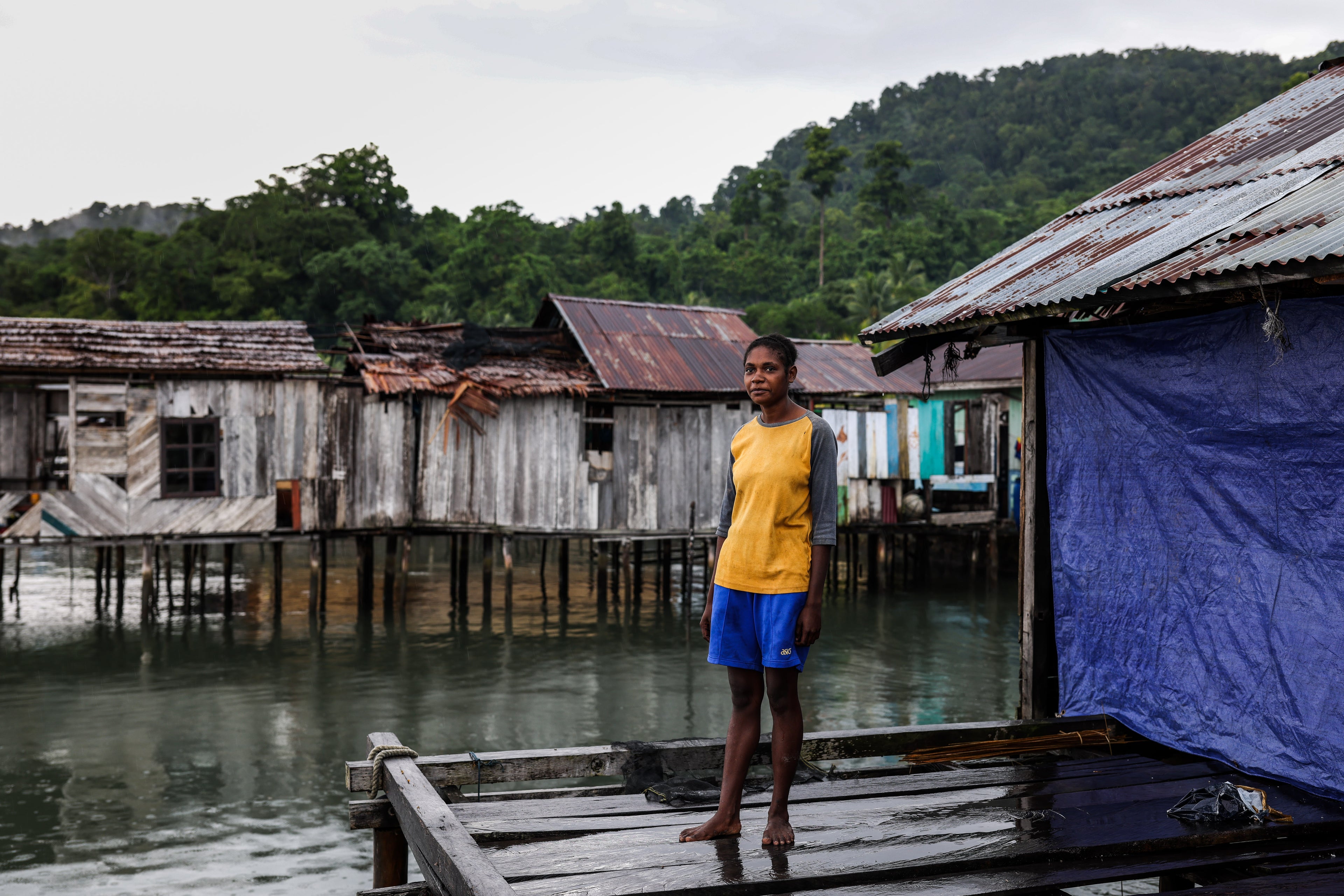
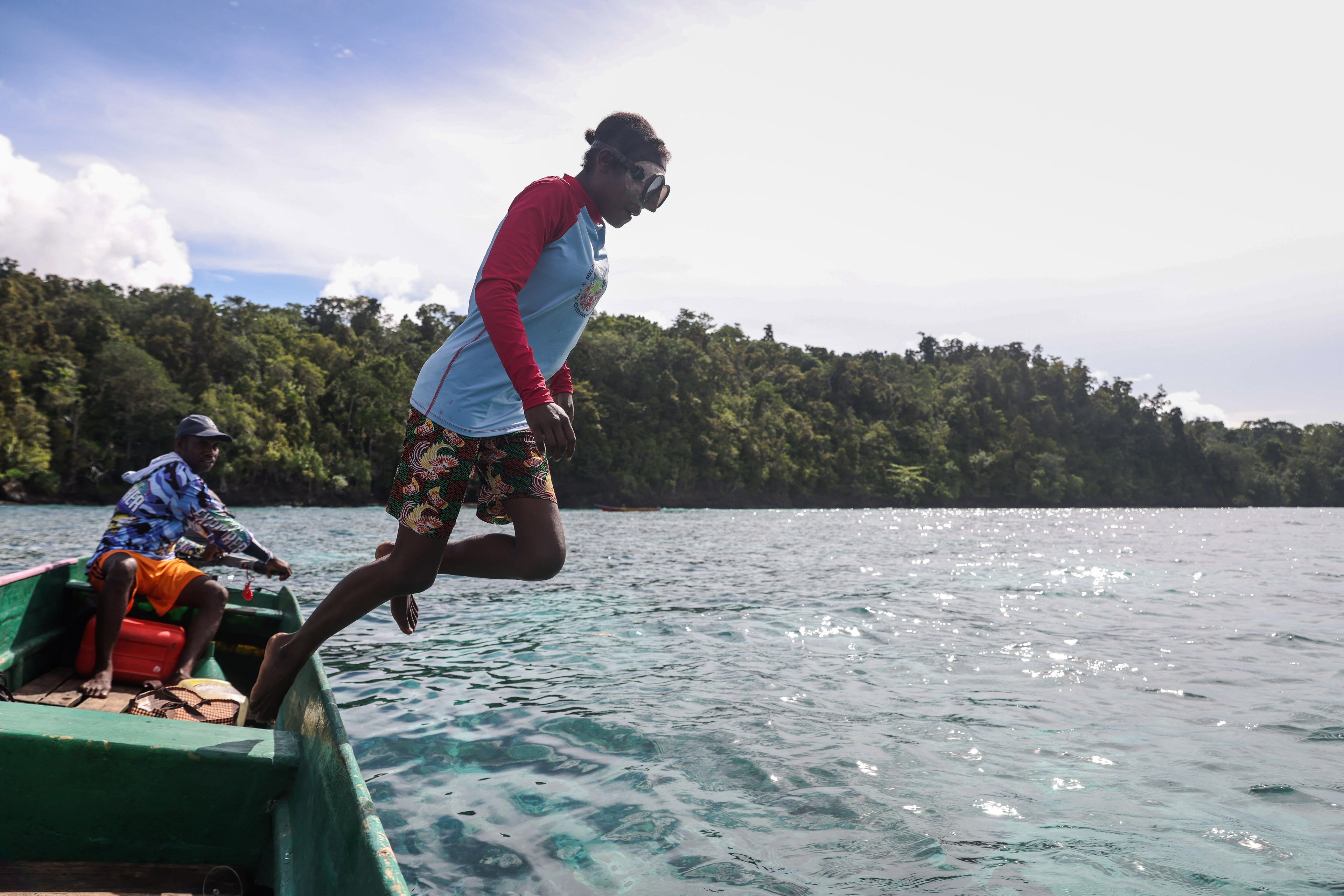
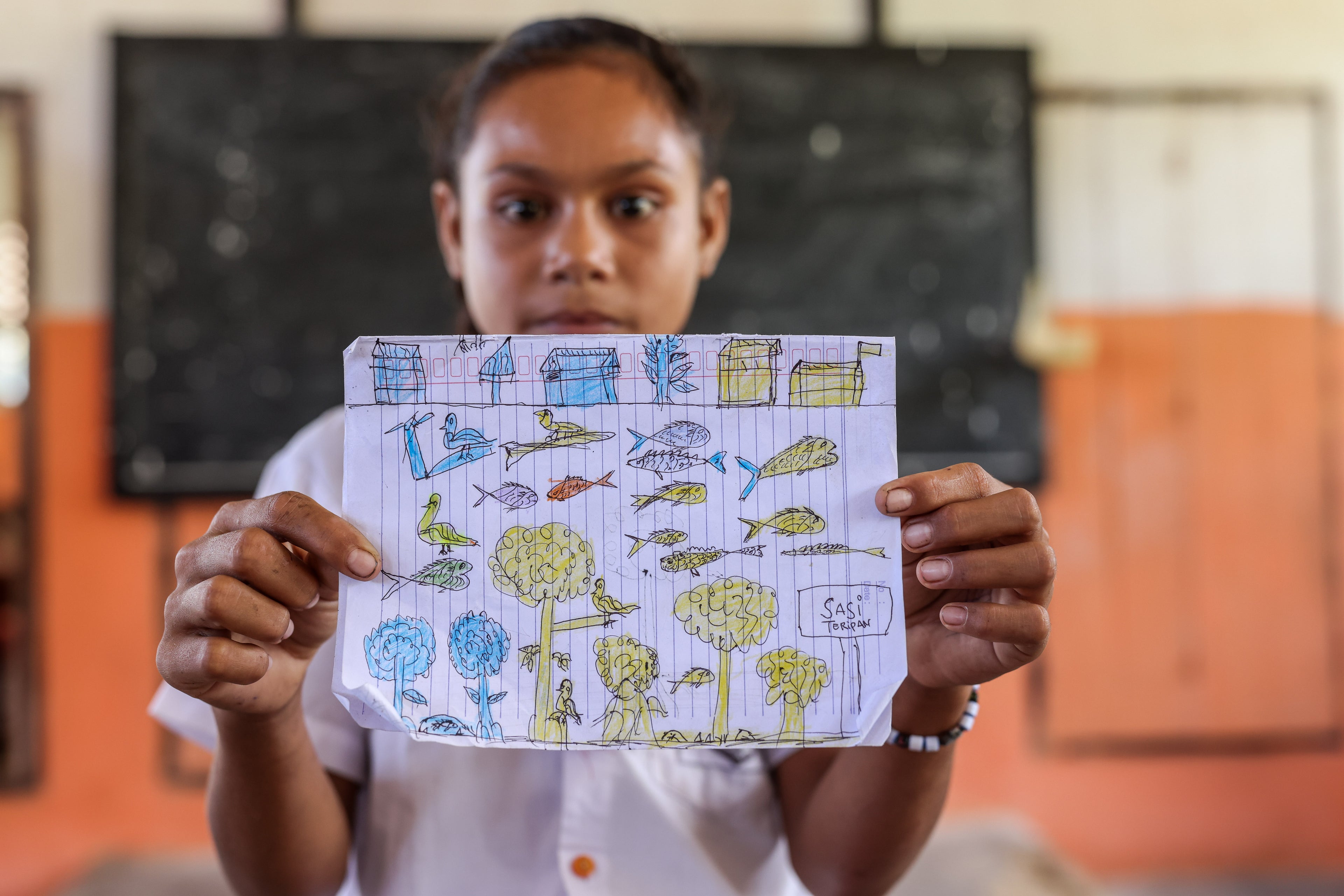
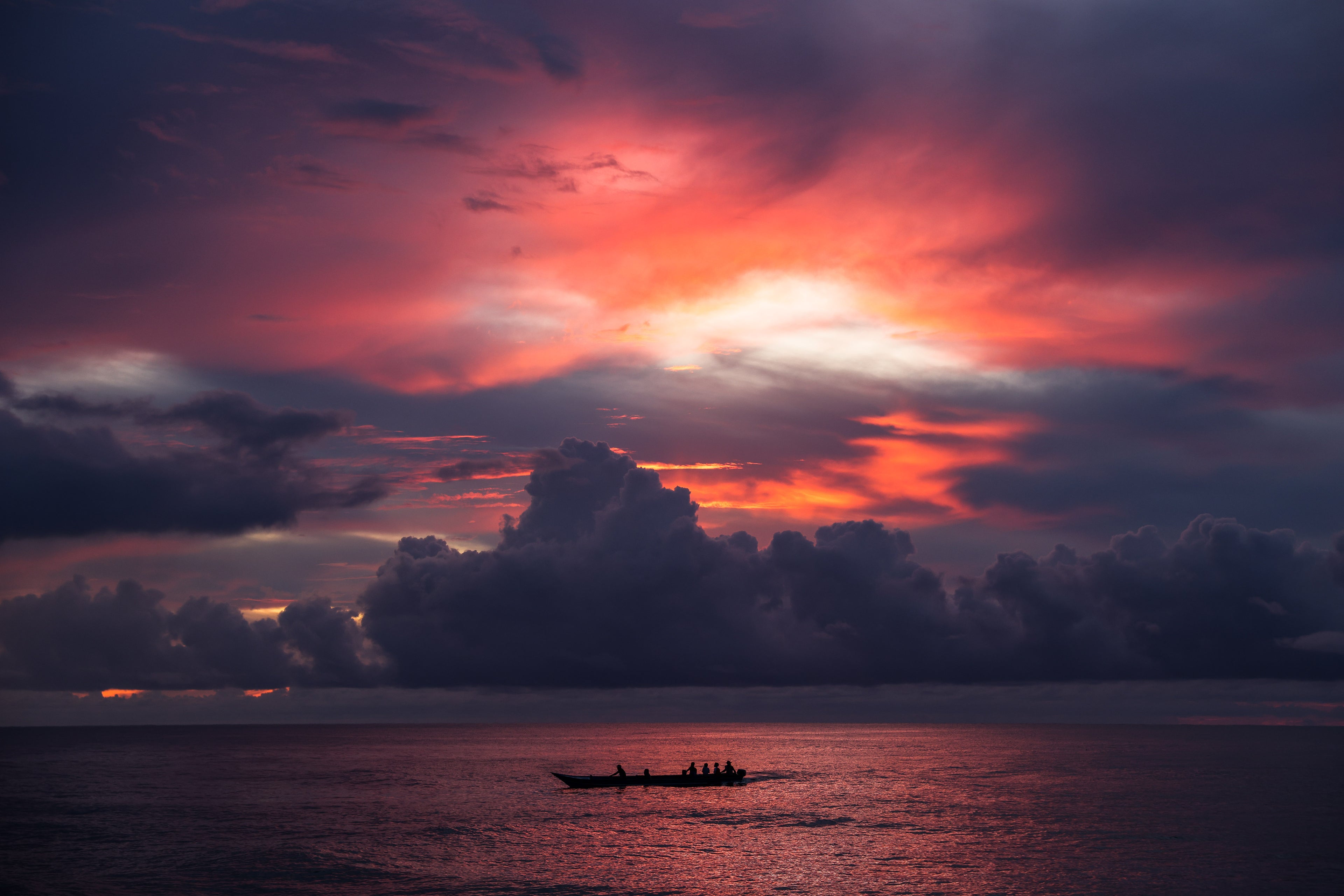
El equipo de Yolanda no era el único que navegaba por estas aguas. Había también varias embarcaciones más, cada una acompañada por un buzo y separadas a 30 metros de distancia. Los agricultores del océano recolectaron tantas criaturas marinas como les permitieron sus manos y pulmones, celebrando el primer día de la temporada de cosecha marina como parte de un ritual anual conocido como Sasi Laut.
Sasi Laut es una tradición común en el este de Indonesia, concretamente en las provincias de Maluku y Papúa Occidental. Se trata de un método establecido que consiste en cerrar ciertas zonas durante seis a doce meses para permitir que los ecosistemas se recuperen y crezcan de forma natural. Lo inusual ese día de marzo de 2022 eran las propias buceadoras. Al igual que Yolanda, las diez cazadoras submarinas que navegaban por las agitadas olas eran mujeres. Desde 2009, Waifuna, una organización única liderada por mujeres, ha liderado el Sasi del Mar, o Sasi Laut, en torno a Kampung Kapatcol, lo que marca un cambio significativo en las aguas indonesias, dominadas por los hombres. Lideradas por la abuela de Yolanda, Almina Kacili, las Waifuna se han convertido en las matriarcas del mar, protegiendo su hábitat marino de la sobrepesca y la mala gestión, a la vez que se aseguran de que prospere para las generaciones venideras.
Sumergiéndose una vez más, Yolanda se despejó de las responsabilidades terrestres, observando las porosas montañas de coral en busca de cualquier señal de movimiento. Bajo el agua se sentía ligera. Libre.
¿Quieres más Madres del Mar?
¡Lea el artículo completo en versión impresa! Añada el número 02 a su suscripción.
Suscripción
